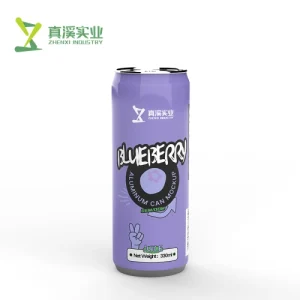When exploring the realm of juice drinks, there are several key aspects to consider that impact both their health benefits and market appeal. From nutritional content to consumer preferences, understanding these details is crucial for anyone interested in the beverage industry or personal health.
Nutritional Value and Ingredients
Juice drinks can vary widely in nutritional content. Pure fruit juices, made directly from fruits without added sugars, generally contain vitamins such as vitamin C and minerals like potassium. For example, an 8-ounce serving of 100% orange juice typically provides about 124 mg of vitamin C and 496 mg of potassium, which are significant portions of the daily recommended intake.
However, many juice drinks on the market are not 100% fruit juice; they often contain added sugars, water, and sometimes artificial flavors or colors. For instance, a similar serving of a fruit drink might contain only 10% actual fruit juice and have up to 30 grams of added sugar, significantly altering its health impact.
Consumer Preferences and Trends
Consumer trends are shifting towards more natural and healthy beverage options. Recent surveys show that a significant portion of consumers, approximately 65%, prefer beverages that are 100% juice due to their perceived health benefits over those with added sugars or artificial ingredients. This shift is influencing product offerings and marketing strategies in the juice drink industry.
Market Dynamics and Product Varieties
The juice drink market is diverse, offering a wide range of products to meet various consumer needs and preferences. These include classic fruit juices, vegetable juices, blends, and innovative products like energy juices or functional beverages that incorporate additional nutrients or supplements.
One rapidly growing segment in this market is RTD cocktails, which blend juice with alcoholic components to offer convenience and new taste experiences. These ready-to-drink options are becoming particularly popular among younger consumers who value both flavor and convenience.
The RTD cocktails market is expanding as manufacturers tap into the demand for drinkable innovations that cater to adult tastes while providing the familiar healthful benefits of juice.
Health Implications and Consumer Education
Educating consumers about the content of juice drinks is essential. Many people do not realize the sugar content and caloric impact of some juice drinks, which can contribute to dietary issues such as obesity and diabetes if consumed in excess. Public health campaigns and labeling regulations are aiming to increase transparency and enable consumers to make more informed choices about their beverage consumption.
When selecting a juice drink, it's crucial to read the label and understand the product's composition. Choosing drinks that are 100% juice or have no added sugars can significantly impact your health and wellness.
In summary, the world of juice drinks is diverse and evolving. As consumer preferences shift towards healthier and more natural options, the market continues to adapt, offering a broader range of products that cater to various dietary needs and tastes. Understanding these aspects can help consumers make better choices and businesses develop products that meet these changing demands.
